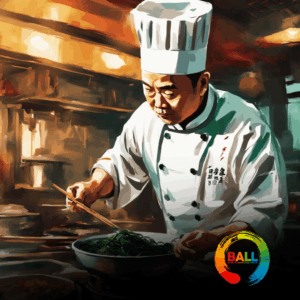Everyone experiences stress at different points in life, and sometimes these events rise to the level of trauma. According to the American Psychological Association, trauma is an emotional response to a deeply stressful or disturbing event. It can result from medical issues, natural disasters, job loss, divorce, or even ongoing chronic stress. In the short term, people may feel shock or denial; over the long term, trauma may lead to flashbacks, physical symptoms, strained relationships, or overwhelming emotions.
Key Facts at a Glance:
- Trauma can stem from both major and minor life events.
- Common effects include denial, flashbacks, and stress-related physical symptoms.
- Healthy coping strategies include grounding techniques, relaxation practices, creative expression, and seeking support.
- Maintaining routines and focusing on what you can control can build resilience.
- Professional help is available and effective when symptoms persist.
12 Ways to Cope With Trauma:
Focus on your immediate, most critical needs – simplify your responsibilities and take things step by step.
Find support – lean on trusted family, friends, or community resources.
Use relaxation techniques – yoga, meditation, or guided imagery to calm the body and mind.
Find tools to process your emotions – journaling, therapy, or talking to a trusted friend.
Care for yourself – get proper rest, eat balanced meals, and stay active.
Accept how you’re feeling – acknowledge difficult emotions instead of suppressing them.
Use grounding techniques – focus on your senses with methods like the 5-4-3-2-1 technique.
Find a creative outlet – painting, music, writing, or other forms of expression.
Try deep breathing – diaphragmatic breathing to regulate stress and reduce anxiety.
Keep a regular routine – structure provides stability and a sense of control.
Focus on what you can control – shift energy toward manageable tasks to feel empowered.
Seek help when you need it – don’t hesitate to reach out to mental health professionals if symptoms persist.
Healing from trauma is not about being “strong enough” to push through but about giving yourself permission to heal, seek support, and use tools that nurture resilience. By focusing on what you can control, practicing self-care, and reaching out for help when needed, you can move forward with strength and hope, one step at a time.
** 自我关怀是很重要的。Self-care is important.**





